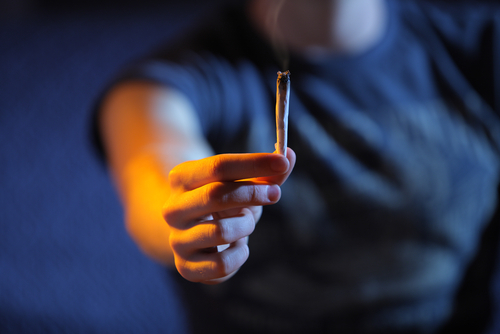Marijuana Legalization and Teenage Marijuana Use

Between the years of 2002 and 2014, cannabis use among young people dropped 17 percent according to a study from the National Institute on Drug Abuse in addition to SAMHSA. Problematic use, as the study defined it, fell 25% starting in 2011.
Many parents have been worried about the widespread movement for marijuana legalization and how it might affect teenage marijuana use. Though legalization does involve being able to purchase marijuana legally, it also means more regulations and restrictions on the drug, including it still being illegal for anyone under the age of 18, and it is still not federally recognized as a legal drug, meaning it is only legal in specific states.
The report that teen marijuana use has dropped since legalization is a good sign. It indicates that there is a chance substance use among teenagers might be popular because it is taboo and rebellious against the law. Legalizing marijuana takes away some of the edge and danger of experimenting with it. Some other reports have indicated that teenage use of marijuana has increased, which might be true in areas where marijuana isn't yet legal.
Marijuana has been proven to be damaging to the adolescent brain. Teenagers are at a high risk for developmental problems when they start abusing marijuana. Particularly affecting the prefrontal cortex, many of the cognitive functions essential to learning, participating in life, and maturing are damaged. Development essentially halts at the age where marijuana is introduced to a teenager's life. The brain struggles to recover from its developmental problems as teenagers mature into adults.
Compared to other drugs teenagers are experimenting with, like heroin, crystal meth, and cocaine, marijuana is the least threatening. To date, not a single overdose has occurred on marijuana. It would take an abnormal amount of marijuana consumption-- beyond any human capacity-- to create enough THC to cause any kind of problem. However, marijuana use can cause lung damage and brain damage.Though marijuana use is not immediately life threatening, it can be life altering. Marijuana use disorder can greatly disrupt a teen's ability to live their life in a happy and sustainable way. Completely chemically dependent upon marijuana, teens struggle to normalize their daily functions while continuing to damage their neurological development with marijuana.
Stonewater Adolescent Recovery Center offers residential treatment programs for adolescent males with addiction and alcoholism issues. Our clinically driven program is designed to help patients create a positive foundation for healing and transformation. For information on our beautiful home in Mississippi, call us today: 662-598-4214.

.jpg)

